
Reema Sengupta speaks articulately with a maturity that’s way past her young years. This surefooted writer-director whose latest work ‘Counterfeit Kunkoo’ won the Jury’s Special Mention award for Best Short Film at the Indian Film Festival of Los Angeles last month, felt like a kindred soul to me as she walked the red carpet speaking with graceful candor. A week later, I met this beautiful, spirited woman over dinner in Echo Park – the hipster neighborhood of Los Angeles, and we talked about her roots, creative pursuits and passion for the cinematic medium.
‘Counterfeit Kunkoo’ follows a single woman’s struggle to find a home for rent in Mumbai. Recently separated from her husband, she faces relentless housing discrimination for being a ‘bachelor’. Drawing inspiration from the same crisis in her own mother’s life, Reema’s film is both personal and highly relatable. With pointed wit and razor-sharp editing, she skillfully captures the many nuances and idiosyncrasies of an average Indian woman’s everyday life experience – all in under 15 minutes.
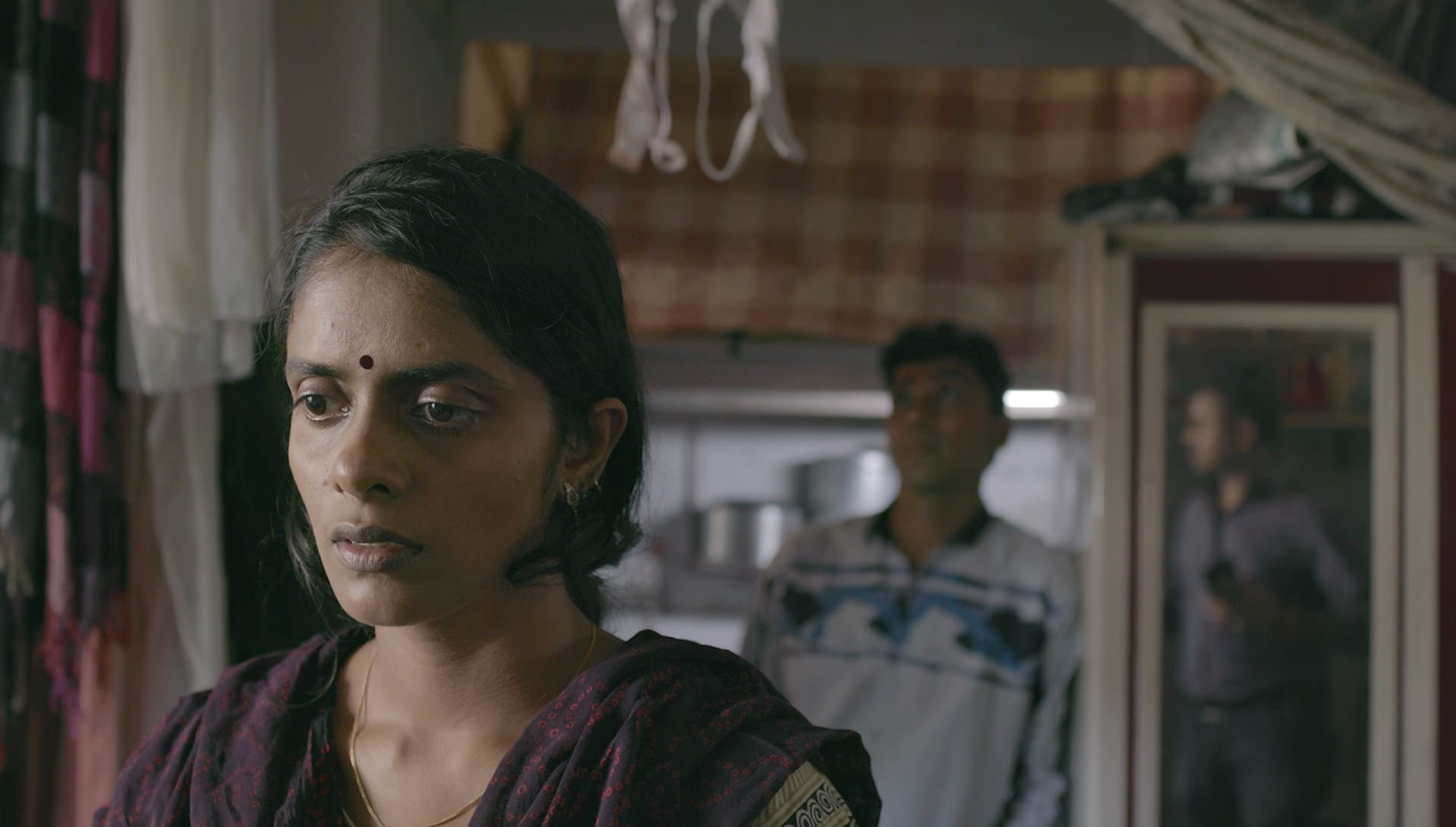
Here are a few excerpts from our conversation.
Could you tell us about your journey into filmmaking?
Ever since I was a little girl, I was always very affected by the social scenarios around me. I think that some people feel more affected by these things than others. And I believe that it is a responsibility of the people who feel more strongly about it, to do something about it. I realized that films have this beautiful capacity to incite empathy – more than a lot of other mediums. And I genuinely believe that empathy is the only thing that can save humanity. In school, during summer break, I would do screenwriting workshops and theater classes. I was this 10 or 12-year old kid alongside people in their 30s and 40s. In a lot of ways my entire life has been an education. I scored really well in my 10th exams and everyone expects that you’ll do science. But I chose Arts. And then I went on to study contemporary media practice at university in London. There onwards, it was just getting into it professionally. But mentally I knew it all along.
“I genuinely believe that empathy is the only thing that can save humanity.”
Can you talk a little bit about the episode in your mother’s life that inspired ‘Counterfeit Kunkoo’?
My mother has always been the one who saw talent in me even before I did. If it wasn’t for her constant encouragement and belief, I would have never thought of betting on myself.
That being said, I grew up in a house where my parents didn’t have the best marriage. It was actually really bad. There was a lot of domestic violence – both physical and mental abuse. But for some reason, my mom never left. I strongly believe that it has to do with how Indian women are raised – believing that they are always supposed to fix and mend things and ‘adjust’. So many people are in abusive marriages that it’s kind of normalized – especially the generation before us and especially in middle class and lower middle class families.
“Indian women are raised to believe that they are always supposed to fix and mend things and ‘adjust’. So many people are in abusive marriages that it’s kind of normalized.”
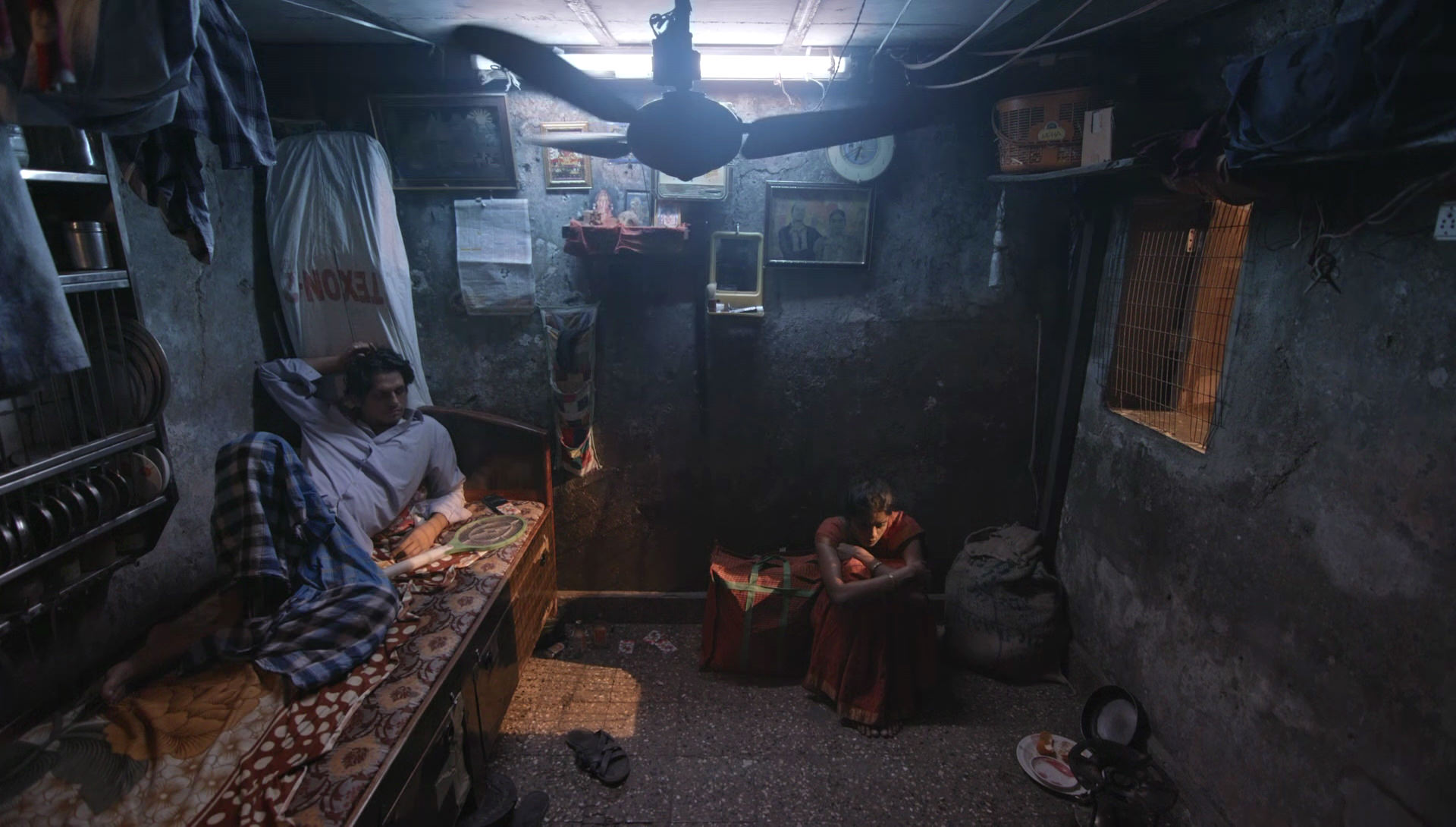
One day, when I was in London, my mom called me and said, “The lease of the house is up at the end of this month and your dad has said that I need to figure my own stuff out after that.” It was frustrating but I wasn’t worried because my mom had been running the house for years. She’s a very independent, strong, financially self-sufficient woman who was also paying for her daughter’s education in London. And even to this 45-year old financially stable woman, every time she went looking for a house to rent, the first questions would be “Where’s your husband? What does he do?” And that was where a lot of conversations would just end.
If the real estate agent didn’t have a problem, the landlord would. If the landlord didn’t have a problem, the building society would. It was an extremely frustrating series of experiences she was going through and I was so far away, listening to it all, feeling angry and helpless. I just didn’t know what to do with that energy. I often use writing as a way to channelize how I feel. So that’s what I did. I wrote a short film script and just put it aside. I don’t think I really planned on making it, until last year.
“Every time she went looking for a house to rent, the first questions would be ‘Where’s your husband? What does he do?'”
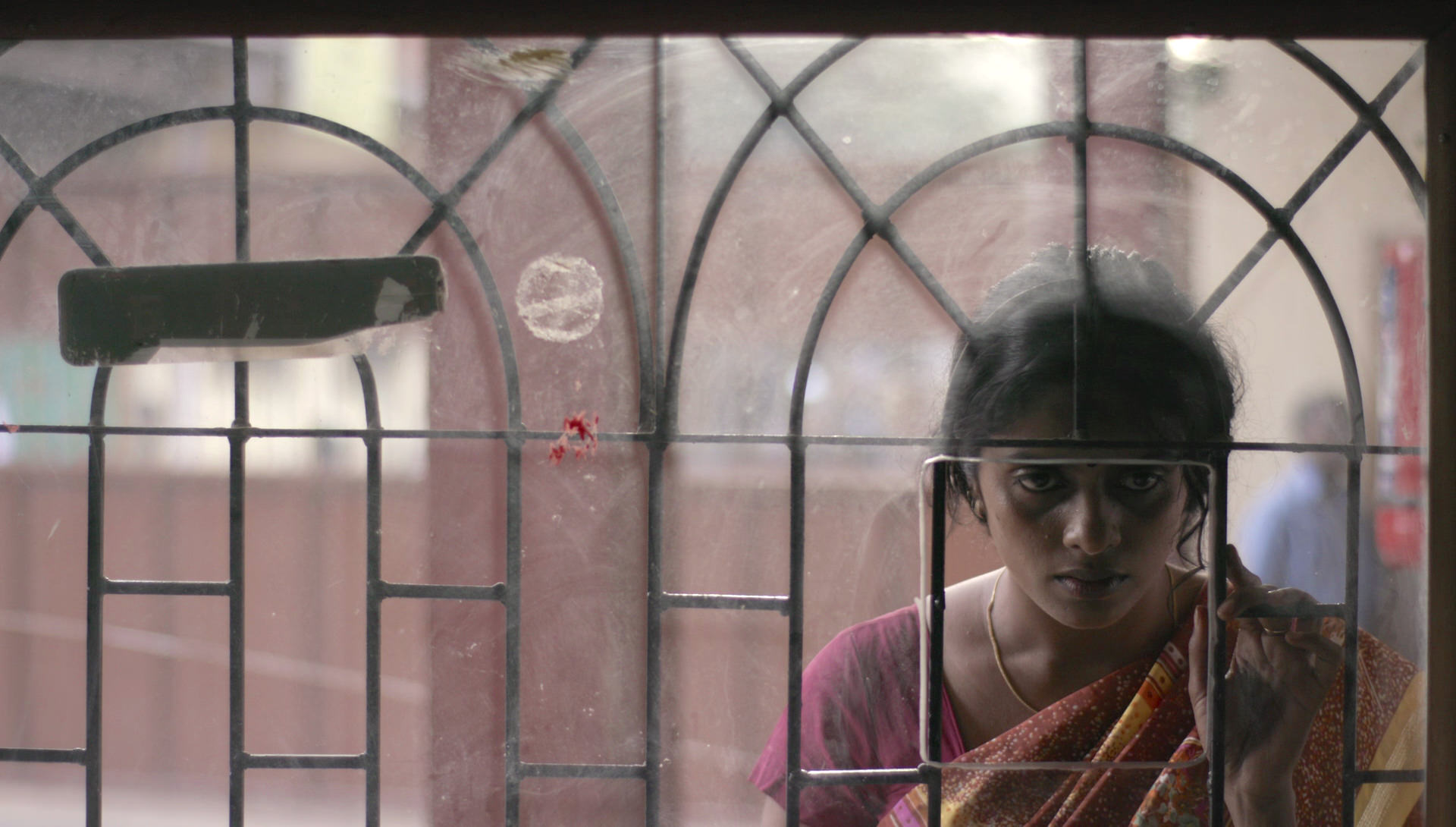
Is housing discrimination that prevalent in Mumbai? In your opinion, why do you think they see a single woman as a threat?
Housing discrimination is extremely prevalent in Bombay. The problem is glaring and it’s not just about single women. A lot of single men don’t find housing as well. That’s why the terminology is ‘bachelors’. They don’t even think of applying the female version of the word (laughs). If you have pets; if you eat meat -they may refuse to rent to you. In a lot of areas, there’s religion and caste based discrimination. It is just absurd how much that goes on.
In terms of single women, I think housing discrimination is just another form of moral policing, where they’re just judging your character. I don’t know why in their minds they believe that anybody who’s not married is promiscuous and is going to turn their houses into rave pads and have men over every hour or something on those lines. So I think it’s two things – one that everyone loves to indulge in moral policing and second, it’s exploiting a sense of power. People who may not be able to have an upper hand over things or do not feel important otherwise – when they find themselves in situations like these, they tend to really exploit it.
“Everyone loves to indulge in moral policing and exploiting a sense of power.”
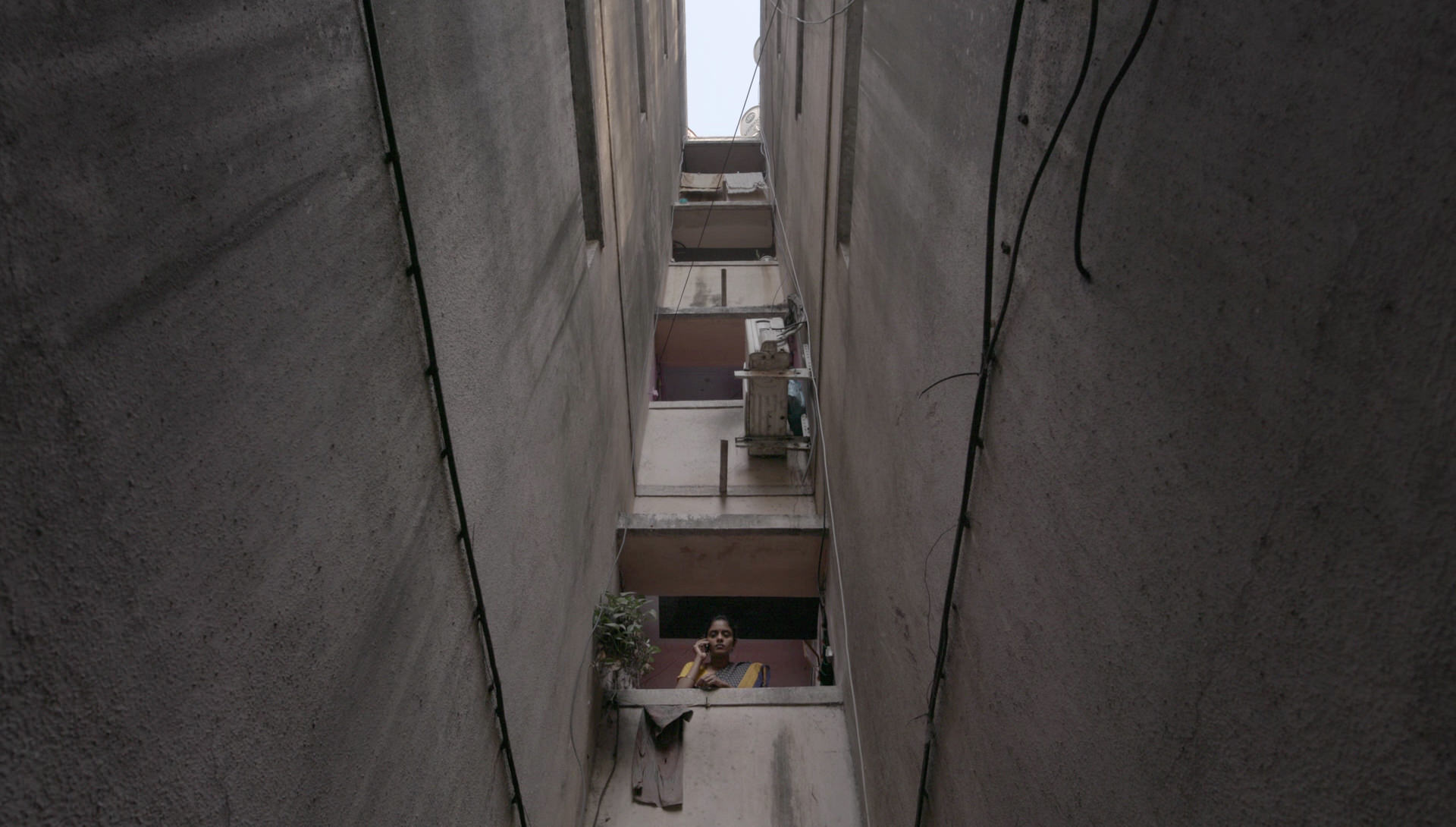
Your have a terrific economy in your storytelling. The editing is so sharp and so much happens in so little time. Can you talk a little about that?
In terms of my edit style, I know it’s different than most indie cinema. There are two reasons – one is that since I grew up in a city like Bombay, my personal experience in life has been one of bombardment – there is constantly so much going on for all the senses. So I’m used to thinking in that manner. And the other reason is because I’ve been doing short format content for so long. When I sent my finished film to some friends, a filmmaker friend of mine called me up and asked “Reema, why is your film edited like a hip-hop montage?” (laughs) And when I looked at it again, I realized that he was absolutely right. My internal rhythm is so accustomed to thinking in terms of frames and seconds.
You’ve shot in a lot of tight interior spaces. What were your biggest challenges?
For me the more taxing part was that we were doing a project that involved favors from many people. Everyone was really nice – they gave us their homes, their clothes. And I could really feel the emotional pressure of these favors. It’s so different when everyone is being compensated adequately for their roles as opposed to getting nothing when they are working so hard. They just have faith in what you can put together. It’s very different to shoot in a studio environment than in someone’s house in the middle of a slum. So to me, it was more about taking care of everybody emotionally and logistically.
Your scenes are so layered – I especially love the one where you juxtapose blind religious faith and a woman’s everyday plight of unwanted attention from strange men – in the same moment. Do you plan that or does it happen spontaneously?
Most things that I do are very thought out. At the writing stage, the film is done – I know exactly how it is going to look and every little detail is fleshed out. One of the things that I wanted to do was to not just talk about discrimination and struggles but also explore the idiosyncrasies of the misogyny that we have to deal with in our everyday lives. That and the hypocrisy of it all is something that I feel very strongly about. It hits me every day. That is why the film has this kind of a humorous overtone.
“I wanted to not just talk about discrimination and struggles but also explore the idiosyncrasies of the misogyny that we have to deal with in our everyday lives.”
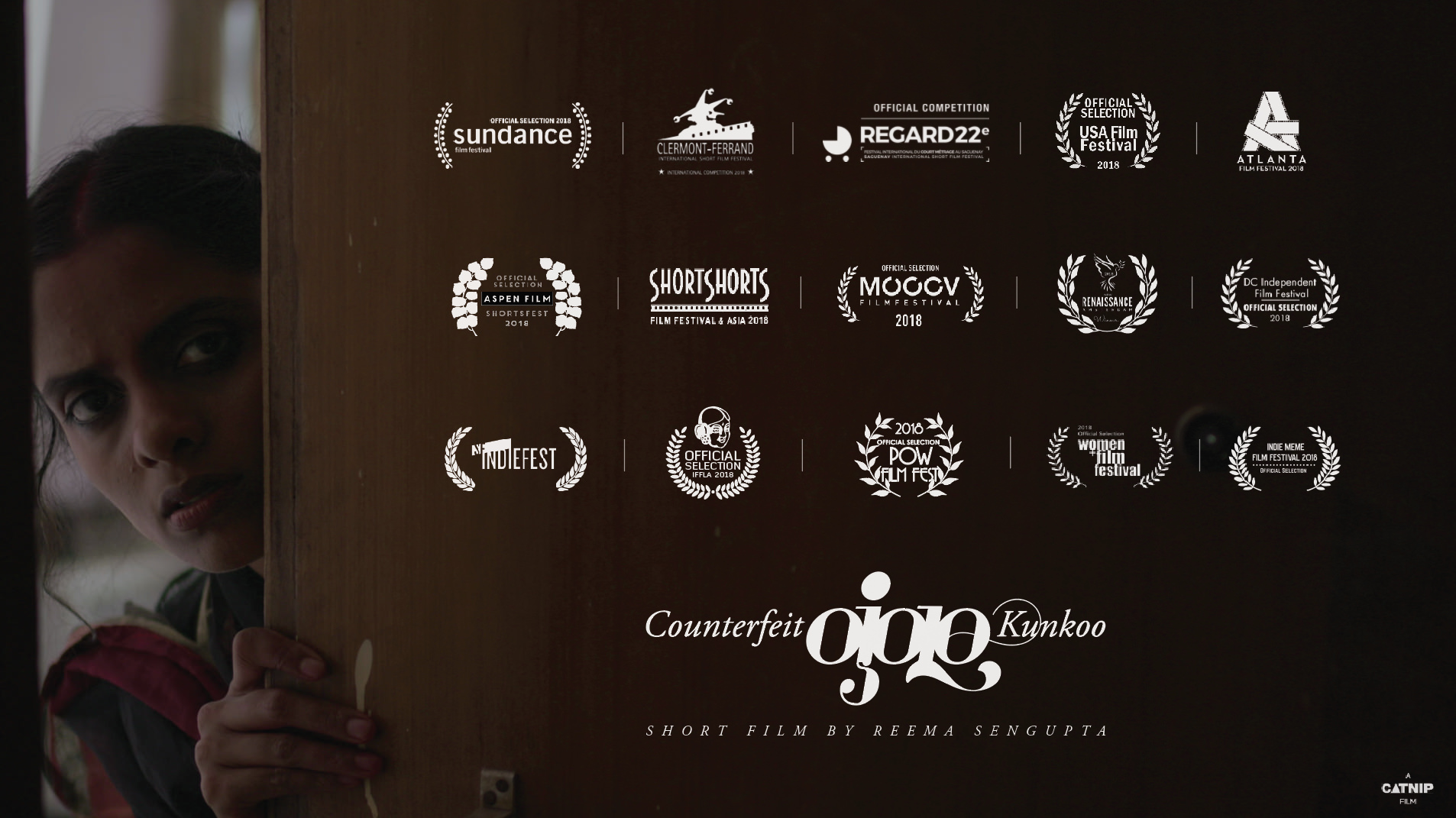
I have no doubt that your film is not only relatable to women in India but very much on an international level. Any memorable reactions from those who saw your film?
Oh yeah, definitely. One of my favorite things during the festival tour this year has been the way this film has helped me connect with women from all over the world – from a bunch of high school girls in France to a much older woman from New Jersey, who told me that her mom went through the same thing in Jersey in the 70s! The film has resonated emotionally with all of them. And it’s made me so much more aware of the fact that all of us go through very similar experiences all over the world. At IFFLA, a young girl rushed to me and said “It’s the first time I’ve seen an Indian woman in a saree touching herself on the screen. I have never seen that!” And a really wonderful woman said to me “I’m walking out of a 16 year long marriage and I’m going to have to start from scratch. I’m so happy to have seen your film.” To me, that’s everything – even if it touches one person and makes them feel stronger.
‘Counterfeit Kunkoo’ was the first official selection from India in 15 years at the Sundance Film Festival 2018. Reema’s first short-film as writer-director – ‘The Tigers, They’re all Dead’, a political satire set in Mumbai, won fourteen awards at film festivals across the world. She is also the founder of CATNIP, a Mumbai-based production house that specialises in conceptual, experimental advertising and music-oriented video content.













